In the lush foothills of the Himalayas, where spiritual seekers have flocked for generations, a troubling pattern has emerged. India’s booming yoga retreat industry, long considered a sanctuary for those pursuing wellness and enlightenment, is facing intense scrutiny over allegations of fraudulent certifications and substandard training programs. What was once a sacred tradition passed down through lineages of gurus has, in some cases, devolved into a profit-driven enterprise with little regard for authenticity.
The allure of India as the birthplace of yoga has turned it into a magnet for foreigners willing to pay top dollar for teacher training courses. However, investigations reveal that many of these programs operate without proper accreditation, churning out "certified" instructors in as little as two weeks. Former students and industry insiders describe a system where certificates are often issued without rigorous evaluation, leaving underqualified teachers to spread questionable practices globally.
At the heart of the controversy are unregistered schools capitalizing on India’s lack of centralized yoga certification standards. While the government-established Yoga Certification Board exists, its oversight remains limited, creating loopholes for opportunistic operators. Some retreats falsely claim affiliation with revered masters or ancient traditions, using these associations to justify exorbitant fees that can reach thousands of dollars for courses that experts say lack substance.
The problem isn’t confined to small, obscure operations. Even well-marketed retreats in Rishikesh—the self-proclaimed "Yoga Capital of the World"—have been implicated. Undercover visits to several facilities revealed instructors struggling to demonstrate basic asana alignments, while classroom discussions about yoga philosophy often devolved into superficial New Age platitudes. "They’re selling a fantasy," remarked one disillusioned practitioner from Germany, who asked to remain anonymous. "The certificate felt like a participation trophy rather than proof of any real knowledge."
Cultural appropriation concerns compound the issue, as Western-run retreats frequently distort traditional practices while claiming authenticity. Veteran Indian yoga teachers express frustration at seeing their heritage reduced to Instagram-friendly poses and watered-down spirituality. "When money becomes the priority, the essence of yoga disappears," said Chennai-based guru Aaditya Iyer, who has taught for over four decades. "These factories producing teachers every month are doing irreversible damage."
The fallout extends beyond philosophical debates. Medical professionals in India and abroad report treating injuries caused by poorly trained instructors teaching advanced techniques to beginners. Physical therapists note a rise in yoga-related musculoskeletal issues, particularly among students who attended classes led by teachers from questionable certification programs. "The human body isn’t something to experiment with," warned Dr. Priya Malhotra, a sports medicine specialist in Mumbai. "When asanas are taught incorrectly, the consequences can be lifelong."
Efforts to regulate the industry have faced significant challenges. Proposed legislation to standardize yoga teacher training has languished for years amid debates about preserving tradition versus implementing modern educational frameworks. Meanwhile, legitimate schools find themselves competing against cheaper, less rigorous alternatives that prioritize volume over quality. "We lose students daily to these fly-by-night operations," admitted the director of a government-accredited yoga institute in Bangalore. "They see the lower price and shorter duration without understanding what’s being sacrificed."
Tourism officials walk a delicate line, recognizing yoga’s economic value while acknowledging the need for reform. India’s Ministry of Tourism continues promoting the country as a yoga destination, with recent campaigns featuring Bollywood celebrities practicing on picturesque beaches. Behind the scenes, however, multiple government agencies are reportedly developing stricter guidelines, though implementation timelines remain uncertain.
For now, prospective students are left to navigate an unregulated landscape. Experts advise thorough research into a school’s lineage, instructor qualifications, and curriculum before enrollment. They caution against programs that promise teacher certification in implausibly short timeframes or make grandiose claims about job placement. "Real yoga education can’t be rushed," emphasized Iyer. "If someone tells you otherwise, they’re likely cutting corners somewhere."
The situation reflects broader tensions between commercialization and authenticity in wellness tourism. As yoga’s global popularity grows, so does the potential for exploitation of both the practice and its practitioners. Until meaningful oversight emerges, India risks seeing its most famous cultural export become increasingly divorced from its roots—transformed from spiritual discipline into just another commodity in the booming wellness industry.

By Jessica Lee/Apr 7, 2025
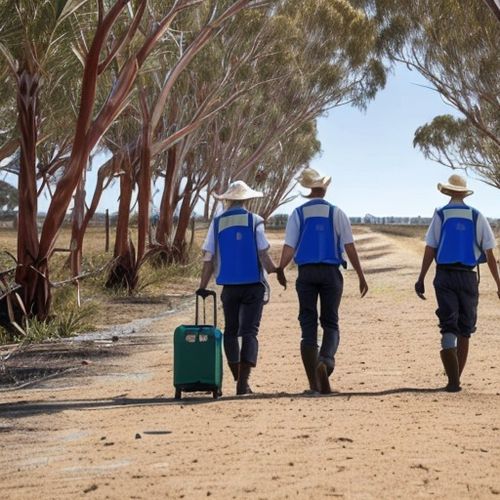
By Emily Johnson/Apr 7, 2025

By Jessica Lee/Apr 7, 2025

By Joshua Howard/Apr 7, 2025

By Amanda Phillips/Apr 7, 2025

By Sophia Lewis/Apr 7, 2025
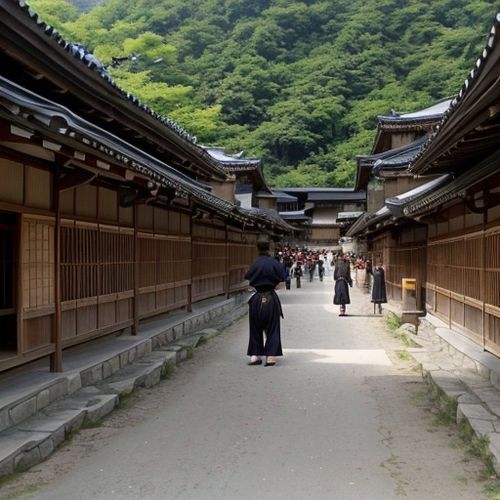
By Samuel Cooper/Apr 7, 2025

By Michael Brown/Apr 7, 2025

By Elizabeth Taylor/Apr 7, 2025
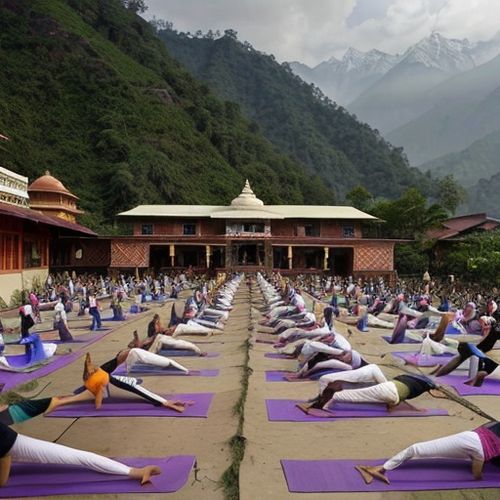
By Sarah Davis/Apr 7, 2025

By Daniel Scott/Apr 7, 2025

By Grace Cox/Apr 7, 2025

By Grace Cox/Apr 7, 2025

By Ryan Martin/Apr 7, 2025

By Christopher Harris/Apr 7, 2025

By Lily Simpson/Apr 7, 2025
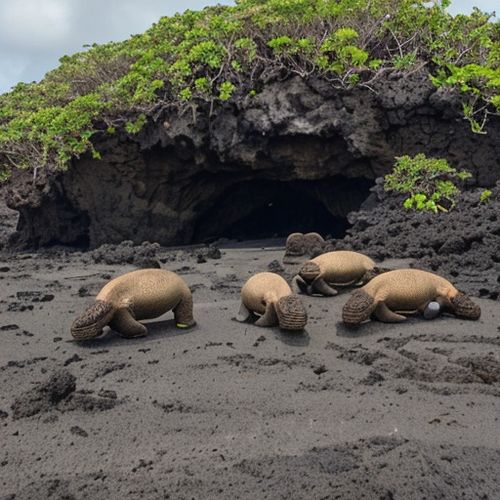
By Elizabeth Taylor/Apr 7, 2025
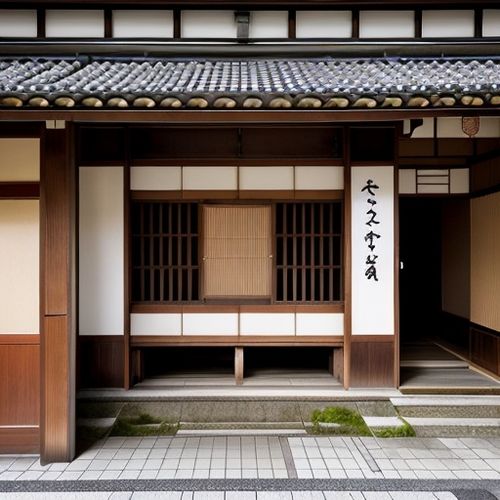
By Christopher Harris/Apr 7, 2025

By Noah Bell/Apr 7, 2025

By Thomas Roberts/Apr 7, 2025